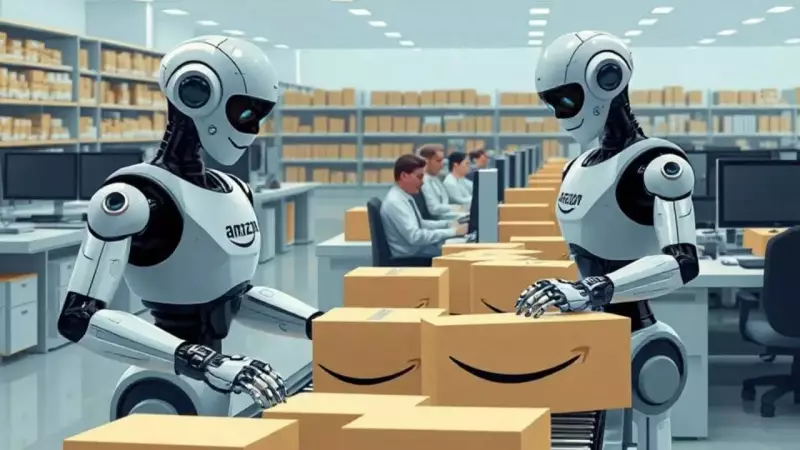
In a dramatic corporate confrontation, global investment firm Morgan Stanley finds itself at odds with e-commerce behemoth Amazon over employment projections that have sparked industry-wide discussion.
The controversy centers around a Morgan Stanley research report that projected Amazon could potentially eliminate approximately 600,000 jobs through automation and operational efficiencies. This startling prediction immediately captured attention across financial and technology sectors.
Amazon's Forceful Rebuttal
Amazon has issued a strong response, categorically stating that Morgan Stanley's estimates are fundamentally flawed. Company representatives emphasized that the investment firm's calculations don't accurately reflect Amazon's operational reality or future workforce planning.
The e-commerce giant pointed to its continued investment in workforce development and job creation, arguing that the report overlooks the new roles and opportunities being generated even as technology evolves.
The Automation Debate Intensifies
This public disagreement highlights the ongoing tension between technological advancement and employment stability in the retail and logistics sectors. As companies like Amazon increasingly integrate automation into their warehouses and delivery networks, questions about workforce impact remain hotly debated.
Industry analysts are divided, with some supporting Morgan Stanley's view that efficiency gains will inevitably reduce labor needs, while others argue that technology creates as many jobs as it displaces, albeit in different areas.
What This Means for Investors and Employees
The public spat between one of the world's largest investment banks and a global retail leader underscores the challenges in predicting employment trends in rapidly evolving industries. For Amazon employees and investors alike, understanding the real trajectory of job numbers remains crucial.
As automation technologies continue to advance, the conversation about their impact on employment is likely to intensify, making this dispute between corporate giants particularly significant for the future of work in the digital age.





